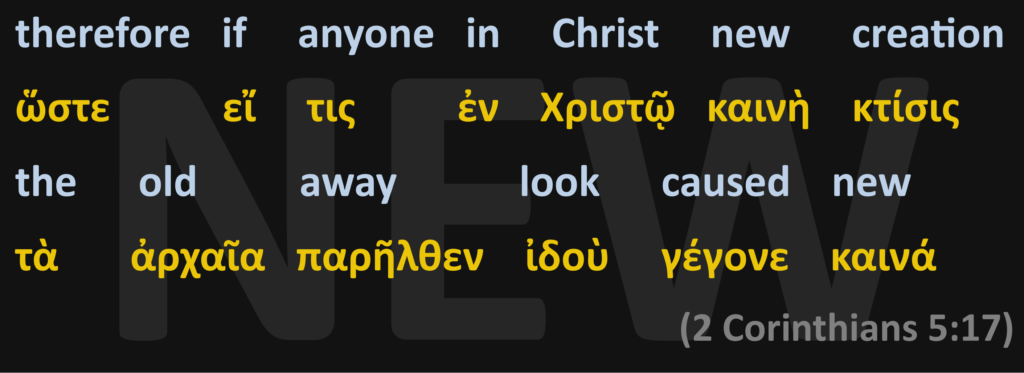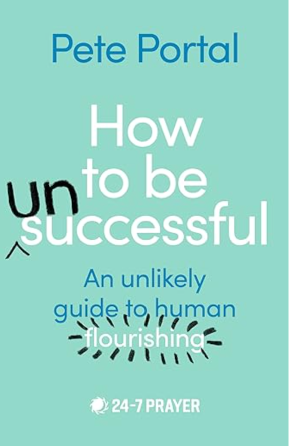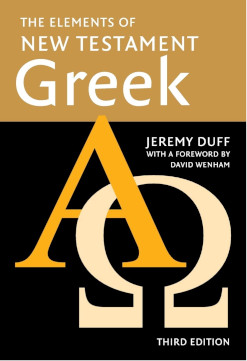Is faith worth less when it’s convenient? (Jan 2024)

We often ask folk we meet, “what do you do?” We can then put them in a division of worthiness. I’m no longer in any league. Not Super. Not Premier.
How do I fit in at church when my cognitive capacity depletes rapidly with fatigue. Mental Health and Disability labels prevent contributions from many. The BBC report that Emilia Clarke and her mum have an MBE for brain injury support. I have benefited from their work. My survivor story is on their website.
I’ve lost a church platform and related labels due to my accident.
I know! I’ll work hard for new labels.
Preacher, Worship Leader or perhaps Prayer Warrior. I’ll try to do a course and get a certificate! I might learn the language and traditions that are so important to the in-crowd. I could learn to talk like those in charge. Those with authority. Or I might fail.
Hang on! The New Testament was written in “Koine” Greek. That means, “Common” Greek.
Accessible and widely understood. Koine Greek was spoken by people from different backgrounds and languages. The way that English is used by many today. God knew what he was doing to reach the commoner. Like me!
Accessible Literacy
The secular world knows that literacy levels are critical when communicating with common people. There are many tools to check readability, and various accessibility measures.
Check: https://www.webfx.com/tools/read-able/
Surrey County Council aim for their pages to have a reading age of 9 years old. This matches the GOV.UK content design guidance standard. Some newspapers have a reading age as high as 14. For others it’s 8. Effective communicators use language to reach their desired audience.
I ran a test of a page on the BBC News website on one occasion. The results indicate that it was accessible to 11-12 years olds on that day. My own website was accessible for those with a reading age of 10-11 years.
This particular page and John 1 (NIV) should be easily understood by 12-13 year olds. Too challenging? There is a readers NIV (NIrV) for alternative access. There is just one version of this webpage.
What are the assessment criteria for preachers at church?
It seems some institutions only accept those that speak and write at a relatively high academic level? As such they create an exclusive in-crowd that excludes the majority.
Do course success criteria relate to the communication skills and understanding required to undertake the role? Is the course designed to create an impressive in-crowd? Or does it really prepare preachers to provide access for common people? The majority.
We need to be honest about who we want to attract, and who our systems reject. Are we not all equal at the cross of Christ?
How accessible is church?
Does the institutional church really want mission, growth and change through contributions from lay people? Or does it want less costly versions of their hierarchy to uphold tradition?
Lay people have to pay for the basics of food and shelter. The self-supporting understand the challenges faced by most people. They connect experientially with commoners daily.
Does church want the 20-30% of people with Mental Health challenges and Disability to contribute and make a difference beyond attendance.
Faith means little when it’s convenient and not costly.
Jesus was a Shepherd leader. Born as a refugee, he lived without material wealth. Jesus bridged the huge gap between God and People. To reach us he became accessible. God became flesh with a purpose of serving the underserving to rebuild relationship.
Sucess criteria might be the problem.
“How to be unsuccessful. An unlikely guide to human flourishing.” Pete Portal. Success is not what we achieve or our defining labels of status. Soul satisfying success results from living as God intended. Relationship over mindless noise. We need to be mindful Christians.
I’ve not yet read the book. Don’t blame it for what I’ve written here. It was a gift requested and received this Christmas.
What should success look like?
People judge Christians, and Christianity, by what they see of us in society. Church attendance is no longer common. Christians should live, and not just know, scripture. Do we look different beyond our own buildings.
What do people see when they “Look” at us?
For those who like to ponder, I’ll add some Greek. The words ιδου (Strongs G3708) translated as look might also mean behold, stare, gaze, attend to, experience, see, perceive, take heed of and discern clearly. Do Christians look different in action? What does this reveal about people, faith and God? How can the life choices and actions of proclaimed Christians be interpreted?
My accessible translation of 2 Cor 5:17
“In Christ NEW. OLD gone. Look NEW.” (DJCV)
NIV translation here

We should focus on the fruits of the spirit.
“Love, joy, peace, forbearance, kindness, goodness, faithfulness, gentleness, and self-control.” Not, “become conceited, provoking and envying each other.” Extracts from Galatians 5:22-26
Humility/humble are in the NIV 56 times.
Fruitless branches are pruned.
“He cuts off every branch in me that bears no fruit, while every branch that does bear fruit he prunes so that it will be even more fruitful.” John 15:2 (NIV)
Perhaps I’m being pruned.
Worth less or worthless words?

Amazing, brilliant, academic WORDS of the preacher, if unheard.
Inaccessible WORDS due to language or context of delivery.
WORDS judged by the hearer to be irrelevant in their real world.
What does excellent church leadership look like? My thoughts here.
Christians need ongoing help from God!
“I will give you a new heart and put a new spirit in you; I will remove from you your heart of stone and give you a heart of flesh.” Ezekiel 36:26 (NIV)
Perhaps I need a new heart. Mental Health challenges can leave you feeling beaten, battered and bruised.
Can I still be fruitful within church?
I write at a tumultuous time, when long-held religious and cultural norms are being shaken again.
I hear hierarchy say, “You don’t understand us!”
I say, “That’s the point I’m making.”
I’m a Tomato trying to fit-in and find peace and purpose in a fruit bowl. Tomatoes meet the scientific requirements to be classified as fruit, but don’t share many flavour characteristics with other fruit.
The Tomato is me. Different characteristics and trying to fit in. I’m best for common things. Soup, sauce and salad. I’ll mix up more metaphors.
I wish I were a strawberry.
Attractive and succulent. Sweet on the inside and out. Perhaps then I’d fit in.
BUT yet more experts may label a strawberry as being many tiny individual fruit embedded in a fleshy receptacle. The specks are the true fruit, and each of them surround a tiny seed.
The Strawberry metaphor might best fit the church of God. Beautiful. Surrounded and connected to many different fruit. Succulent and sustaining for all. The church of God is all that for me. It’s as real relevant and necessary today, as it has always been. We all need God with us. Immanuel.
Does the current church infrastructure help or hinder. Do we need change? How should I change? There are many outstanding Christians trying to serve within imperfect systems and structures.
Jesus gathered together ordinary common people to join his ministry. He still does.
Should I try to make my Tomato fit in with the Strawberry? Or be a solo Tomato? I’ll produce soup, sauce and salad a while longer.
2024…?


I received this image from someone who read this post.
I’ve had permission to share it. Empathy and creativity is powerful.

Personal update
I didn’t attend any church on Sunday.
Personal reflection took me to, “A covenent with God.“
Powerful prayer I’ve known since childhood. More recent experience has enriched my connection with the words. Even the title word, ‘Covenant’ has new meaning and power.









